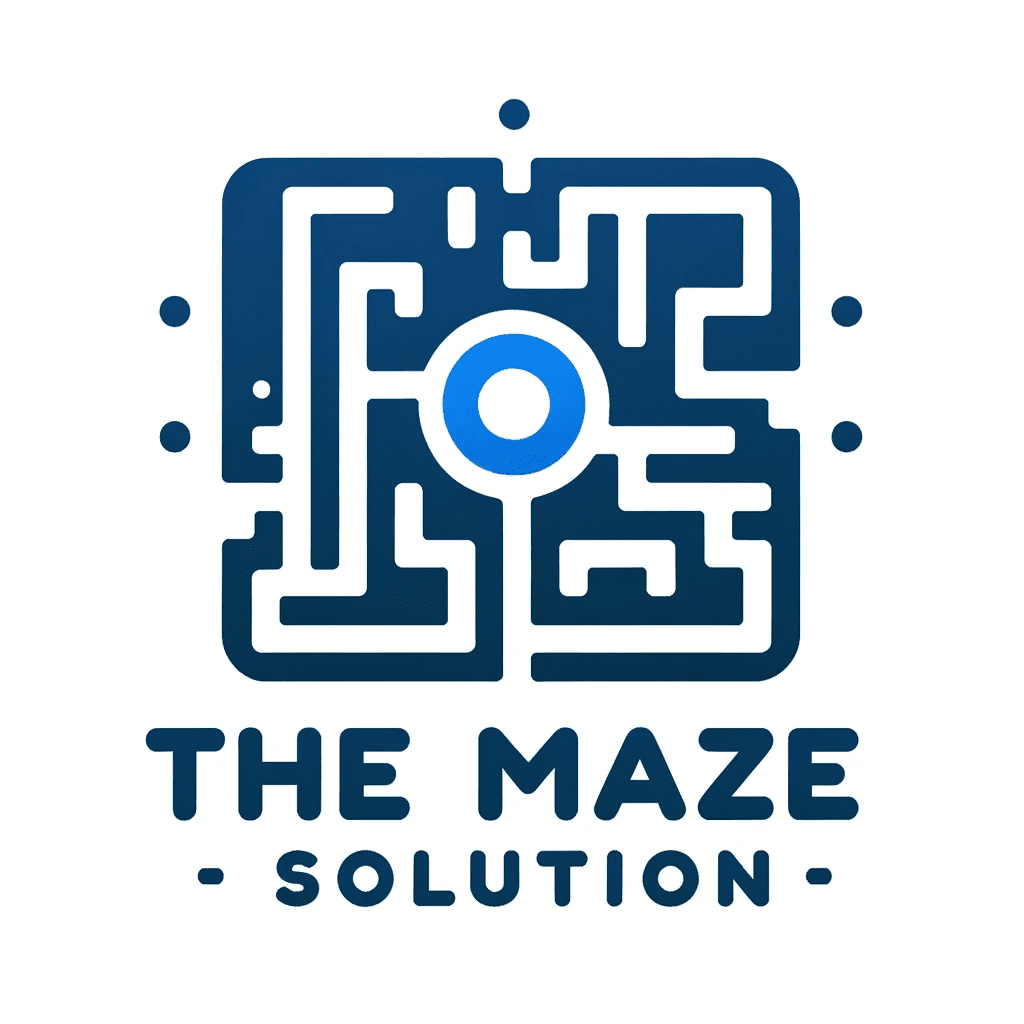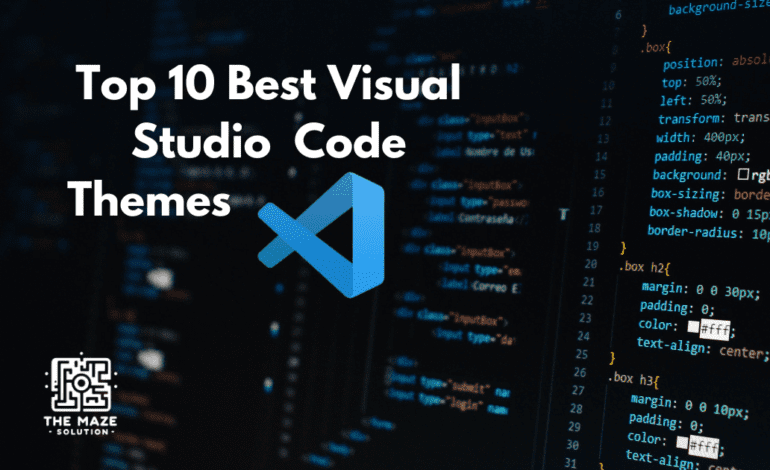Top AI Platforms: The Best Tools for AI Development in 2024
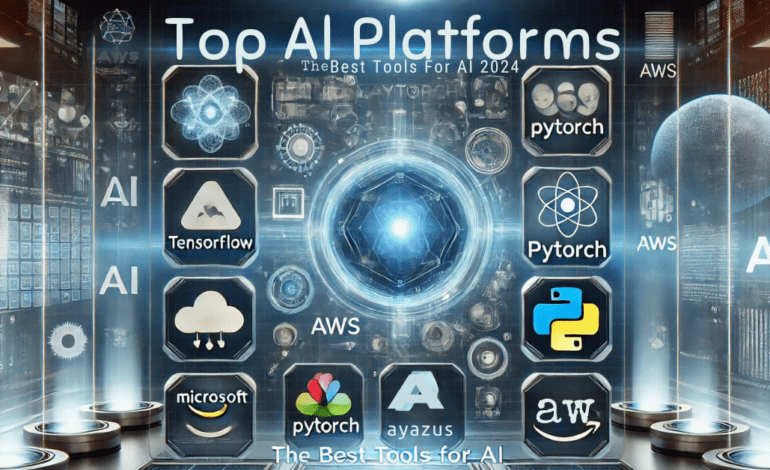
Artificial Intelligence (AI) is no longer a futuristic concept—it’s now a crucial part of various industries, from healthcare to finance. For developers and AI enthusiasts, choosing the right AI platform can make all the difference in accelerating projects and achieving success. This comprehensive guide will walk you through the top AI platforms of 2024, helping you make an informed choice.
Introduction
Artificial Intelligence has grown remarkably, transforming how industries operate and innovate. Whether you’re an AI student, programmer, or professional, the tools you choose can significantly impact your development process. This blog will introduce you to the best artificial intelligence platforms of 2024, providing insights into their features, benefits, and how they can streamline your AI projects.
Understanding AI Platforms
What Are AI Platforms?
AI platforms provide the necessary infrastructure, tools, and services to build, train, and deploy AI models. They offer a unified environment where developers can access everything they need, from data preparation to model deployment. Unlike standalone AI development tools, these platforms offer integrated solutions designed to handle complex AI workflows seamlessly.
The Role of AI Platforms in Development
AI platforms play a critical role in accelerating AI projects by providing scalable resources, automating repetitive tasks, and offering sophisticated machine-learning algorithms. They enable developers to focus on innovation rather than getting bogged down by infrastructure issues.
Importance of AI Platforms
Choosing the right AI platform can significantly enhance productivity and ensure your projects are scalable and efficient. With the increasing complexity of AI models, these platforms provide the necessary support to manage and optimize every aspect of your development process.
Criteria for Evaluating the Best AI Platforms
Key Features to Look For
When evaluating AI platforms, it’s essential to consider several critical features to ensure they meet your needs:
- Scalability: Can the platform handle large-scale projects and grow with your needs?
- User-Friendliness: Is the interface intuitive and easy to use?
- Integration Capabilities: Does it integrate well with other tools and services you use?
- Cost-Effectiveness: Does it provide good value for its price?
- Support and Community: Does the platform have a robust support system and an active community?
Top AI Platforms in 2024
Major Players in the Market
Several well-established AI platforms continue to lead the market, offering a range of powerful tools and capabilities. These include Google AI Platform, Microsoft Azure AI, IBM Watson, Amazon Web Services (AWS) AI, and TensorFlow.
New and Emerging AI Platforms
In addition to the major players, several new and emerging AI platforms are making waves in the industry. These platforms offer innovative features and cater to specific niches, making them worth considering for your AI projects.
Google AI Platform
Overview and Key Features
Google AI Platform is renowned for its advanced machine learning capabilities and seamless integration with other Google services. It offers tools for data preparation, model training, and deployment, making it a comprehensive solution for AI development.
Use Cases and Success Stories
Many organizations have successfully leveraged Google AI Platform for various applications, from predictive analytics to personalized recommendations. Companies like Spotify and Uber have used it to enhance their services and improve user experiences.
Pros and Cons
Pros:
- Robust machine learning tools
- Seamless integration with Google Cloud services
- Excellent scalability
Cons:
- Can be expensive for extensive use
- Learning curve for beginners
Microsoft Azure AI
Overview and Key Features
Microsoft Azure AI offers a suite of AI services, including machine learning, cognitive services, and bot services. Its integration with other Microsoft tools like Azure DevOps and Power BI makes it a versatile choice for enterprises.
Integration with Other Microsoft Tools
One of the standout features of Azure AI is its seamless integration with the broader Microsoft ecosystem. This allows developers to leverage existing tools and workflows, enhancing productivity.
Pros and Cons
Pros:
- Comprehensive suite of AI services
- Strong integration with Microsoft tools
- Scalable and secure
Cons:
- Complex pricing structure
- Requires familiarity with Microsoft ecosystem
IBM Watson
Overview and Key Features
IBM Watson is a leading AI platform known for its natural language processing and machine learning capabilities. It offers a range of tools for building and deploying AI models, particularly in healthcare and finance.
Industry Applications
IBM Watson has been successfully applied in various industries, including healthcare for diagnosing diseases and finance for fraud detection. Its robust AI capabilities make it a top choice for enterprise applications.
Pros and Cons
Pros:
- Advanced NLP capabilities
- Strong industry-specific solutions
- Extensive documentation and support
Cons:
- High cost
- Steeper learning curve
Amazon Web Services (AWS) AI
Overview and Key Features
AWS AI offers a broad range of AI services, including machine learning, deep learning, and analytics. Its extensive cloud infrastructure makes it ideal for large-scale projects and enterprises.
Benefits for Large-Scale Projects
AWS AI’s scalability and robust infrastructure make it a preferred choice for large-scale AI projects. Companies like Netflix and Airbnb rely on AWS AI for their AI-driven services.
Pros and Cons
Pros:
- Highly scalable
- Comprehensive AI services
- Strong security features
Cons:
- Can be costly for smaller projects
- Requires expertise in AWS services
TensorFlow
Overview and Key Features
TensorFlow is an open-source machine learning framework developed by Google. It is widely used for building and deploying machine learning models, thanks to its flexibility and extensive community support.
Community and Support
One of TensorFlow’s significant strengths is its active community and extensive support. Developers can access a wealth of resources, tutorials, and forums to help with their projects.
Pros and Cons
Pros:
- Open-source and flexible
- Extensive community support
- Excellent for research and development
Cons:
- Requires programming expertise
- Not as user-friendly as some other platforms
Other Notable AI Platforms
H2O.ai
H2O.ai offers an open-source machine learning platform that is easy to use and highly scalable. It is particularly popular for data science and analytics applications.
DataRobot
DataRobot provides an automated machine learning platform that streamlines the model-building process. It is designed to be user-friendly, making it accessible to non-experts.
AI Development Tools to Enhance AI Platforms
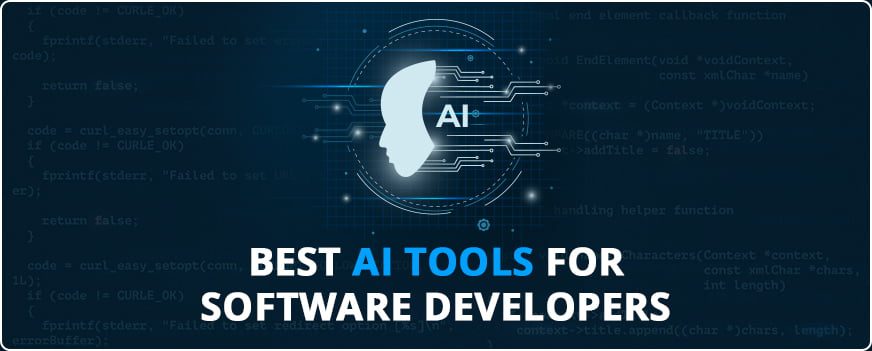
Importance of AI Development Tools
In addition to AI platforms, several AI development tools can enhance your AI projects. These tools offer specialized features for data analysis, model building, and deployment, making them invaluable additions to your toolkit.
Jupyter Notebooks
Features and Benefits
Jupyter Notebooks offer an interactive environment for data analysis and visualization. They are widely used in the data science community for their flexibility and ease of use.
Integration with AI Platforms
Jupyter Notebooks integrate well with various AI platforms, allowing developers to streamline their workflows and enhance productivity.
PyTorch
Features and Benefits
PyTorch is a deep learning framework known for its flexibility and dynamic computation graph. It is favored by researchers for its ease of use and rapid prototyping capabilities.
Why It’s a Favorite Among Researchers
PyTorch’s user-friendly interface and robust capabilities make it a popular choice among researchers and developers for experimenting with new models and algorithms.
Keras
Features and Benefits
Keras is a high-level neural networks API that simplifies the process of building deep learning models. It is known for its ease of use and flexibility, making it accessible to beginners and experts alike.
Ease of Use and Flexibility
Keras abstracts many complexities of deep learning, allowing developers to focus on designing and training models without getting bogged down by technical details.
Apache Spark
Features and Benefits
Apache Spark is a big data processing framework that excels at handling large-scale data analytics and machine learning tasks. Its speed and scalability make it a valuable tool for AI development.
Handling Big Data for AI
Apache Spark’s ability to process vast amounts of data quickly makes it ideal for AI applications that require significant data processing and analysis.
Scikit-Learn
Features and Benefits
Scikit-Learn is a machine learning library that offers simple and efficient tools for data analysis and modeling. It is widely used in the machine learning community for its ease of use and versatility.
Popularity in Machine Learning Projects
Scikit-Learn’s user-friendly interface and comprehensive functionality make it a go-to choice for machine learning projects across various industries.
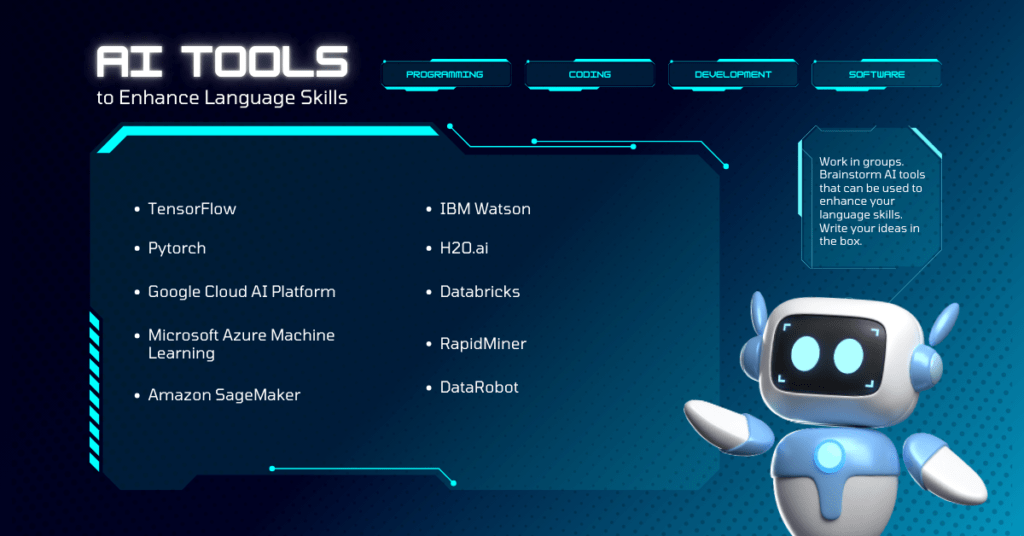
Choosing the Right AI Platform for Your Needs
Factors to Consider Based on Project Requirements
When choosing an AI platform, it’s essential to consider your specific project requirements. Factors such as project size, budget constraints, and required integrations play a crucial role in making the right choice.
Project Size and Scope
Larger projects may require more robust and scalable platforms, while smaller projects might benefit from more user-friendly and cost-effective solutions.
Budget Constraints
Consider the cost of the platform and whether it offers good value for your investment. Some platforms offer free tiers or trial periods, allowing you to test their features before committing.
Required Integrations
Ensure the platform integrates well with the tools and services you already use. This can streamline your workflow and enhance productivity.
Long-Term Support and Scalability
Choose a platform that offers long-term support and scalability to accommodate your future needs as your projects grow and evolve.
Future Trends in AI Platforms
Emerging Trends and Technologies
The future of AI platforms looks promising, with several emerging trends and technologies set to revolutionize the industry. These include advancements in natural language processing, reinforcement learning, and edge AI.
The Role of AI Platforms in the Future of AI Development
AI platforms will continue to play a vital role in the future of AI development, providing the necessary infrastructure and tools to support innovative and scalable AI solutions.
Conclusion
Selecting the best AI platform is crucial for the success of your AI projects. By understanding the features and benefits of the top AI platforms in 2024, you can make an informed decision that meets your needs and accelerates your development process.
We encourage you to explore these platforms and choose the one that aligns best with your project requirements. The right platform can significantly enhance your productivity and help you achieve your AI goals.
For more insights on AI and technology, subscribe to our newsletter and stay updated with the latest trends and developments. Share your experiences with different AI platforms in the comments, and let’s continue the conversation!
